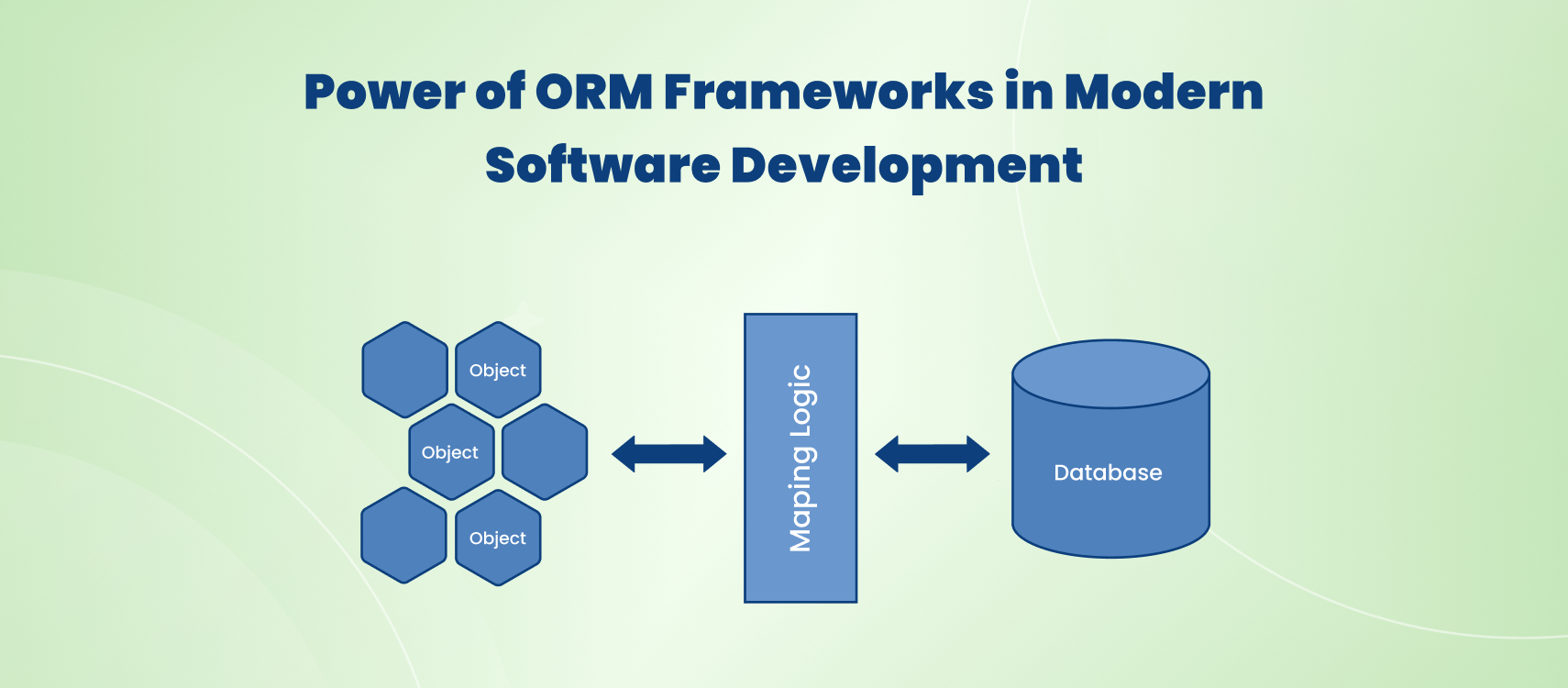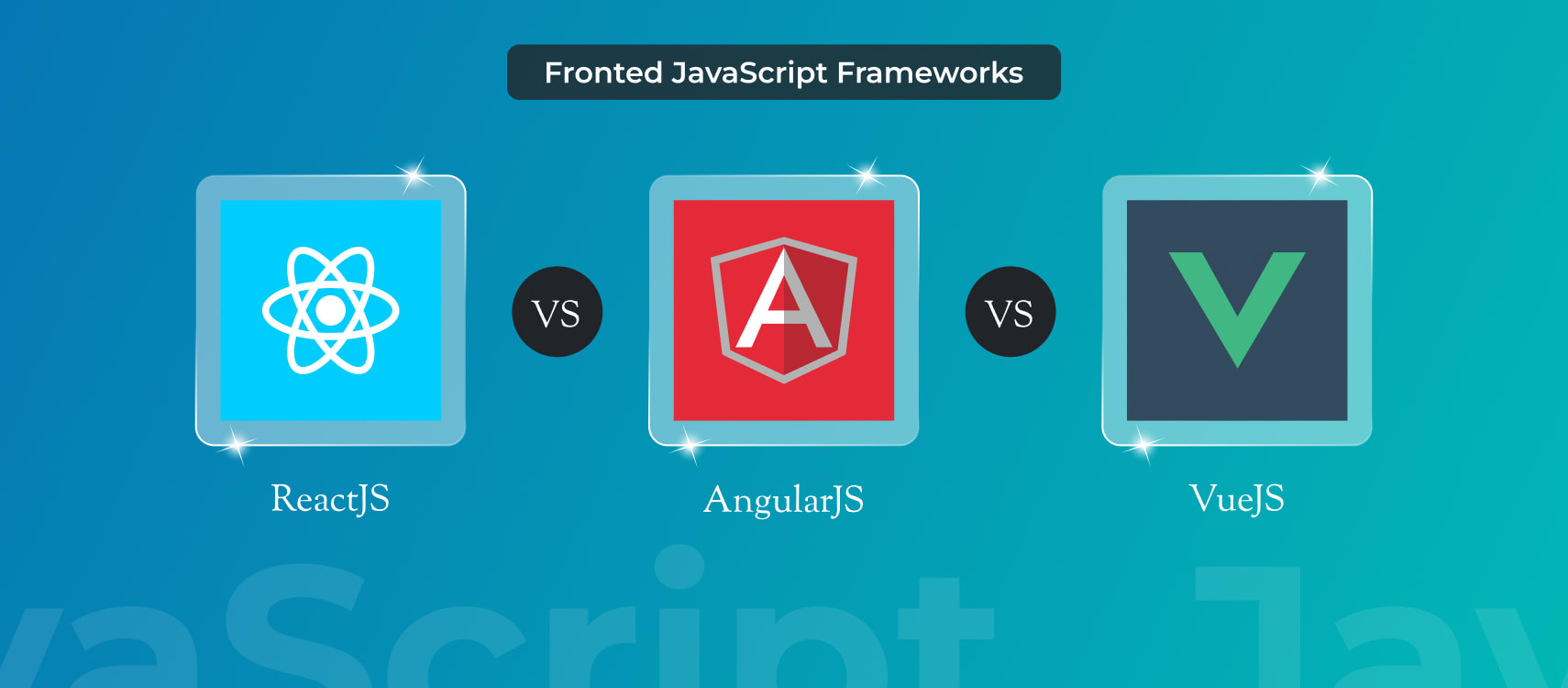Table of Contents
- Understanding ORM Frameworks
- Key Benefits of ORM Frameworks
- Common ORM Use Cases
- Popular ORM Frameworks
- Overcoming ORM Challenges
- Summarising
Object-Relational Mapping (ORM) frameworks have become indispensable tools in the arena of software development. These frameworks bridge the gap between object-oriented programming and relational databases, offering a streamlined approach to data management.
In this in-depth article, we’ll explore the potential of ORM frameworks, their key benefits, common use cases, and some use cases and the challenges and how to mitigate them.
Understanding ORM Frameworks
At its core, ORM is a programming technique that allows developers to interact with databases using object-oriented programming concepts rather than writing complex SQL queries. ORM frameworks provide an abstraction layer, mapping database tables to application objects. This abstraction simplifies data manipulation, making it more intuitive for developers.
Key Benefits of ORM Frameworks
GitLab, founded in 2011, is another web-based platform for version control and collaborative software development. Like GitHub, GitLab is built on top of Git and offers a comprehensive set of features for managing the entire software development lifecycle, from source code management to continuous integration and deployment.
-
Productivity Boost:
ORM frameworks help boosting productivity of a software development company by eliminating the need for manual SQL query generation and result parsing. It enables developers to focus on application logic rather than database interactions.
-
Database Agnosticism:
ORM frameworks abstract database-specific operations, making it easier to switch between different database management systems without rewriting significant portions of code. This flexibility is particularly valuable when migrating or scaling applications.
-
Reduced SQL Injection Risk:
ORM frameworks handle parameterization and query construction internally, significantly reducing the risk of SQL injection attacks. This built-in security feature enhances application robustness.
-
Improved Code Readability:
ORM code is often more readable and maintainable than raw SQL queries, as it closely aligns with the application’s object-oriented structure. This enhances code quality and eases collaboration among development teams.
-
Cross-Platform Compatibility:
ORM frameworks are available in various programming languages, making them suitable for a wide range of development environments. Developers can choose the ORM that best fits their technology stack.
-
Consistency and Abstraction:
ORM frameworks provide a consistent way to interact with databases, abstracting low-level database operations. This ensures that developers work with a unified API regardless of the underlying database system.
Common ORM Use Cases
-
Web Applications:
ORM frameworks are extensively used in web application development, where efficient database interactions are crucial. Whether building e-commerce platforms, social media sites, or content management systems, ORM simplifies data management.
-
Enterprise Software:
Large-scale enterprise applications often require complex data handling. ORM frameworks facilitate data modeling, querying, and management, enabling developers to create robust, scalable solutions.
-
Mobile Apps:
Mobile app developers leverage ORM frameworks to manage local data storage and synchronization with remote databases. This simplifies data access and ensures a consistent user experience, even in offline mode.
-
Data-Intensive Applications:
Applications dealing with large volumes of data, such as analytics and reporting tools, benefit from ORM’s ability to abstract and simplify complex database interactions.
Popular ORM Frameworks
-
Hibernate (Java):
Hibernate is a widely adopted ORM framework for Java applications. It offers extensive features for mapping Java objects to relational databases and supports various database systems.
-
Entity Framework (C#):
Entity Framework is Microsoft’s ORM framework for .NET applications. It seamlessly integrates with Visual Studio and simplifies data access for C# developers.
-
Django ORM (Python):
Django, a popular Python web framework, includes its ORM layer. It provides an elegant and concise way to define data models and perform database operations.
-
Sequelize (Node.js):
Sequelize is an ORM framework for Node.js applications. It supports multiple relational database systems and provides a promise-based API for asynchronous operations.
-
Rails Active Record (Ruby):
Ruby on Rails includes Active Record, a powerful ORM framework that follows the Convention over Configuration (CoC) and Don’t Repeat Yourself (DRY) principles, simplifying database interactions for Ruby developers.
Overcoming ORM Challenges: Best Practices and Strategies
Performance Optimization
To mitigate performance overhead, consider the following:
-
Lazy Loading vs. Eager Loading:
ORM frameworks often support lazy loading, where related data is fetched only when needed. However, this can result in the ‘N+1 query problem’ (making separate queries for each related object). Eager loading, which retrieves all necessary data in a single query, can be more efficient for certain use cases.
-
Query Optimization:
ORM-generated queries may not always be optimized. Review generated SQL queries and use database-specific features, like indexes and stored procedures, to improve query performance.
-
Caching:
Implement caching mechanisms to reduce database queries. Caching can be particularly effective for read-heavy applications, improving response times and reducing database load.
Learning Curve Mitigation
Address the learning curve challenge with these strategies:
-
Training and Documentation:
Provide comprehensive training and documentation to onboard developers effectively. Include examples, best practices, and common pitfalls to expedite the learning process.
-
Mentoring:
Assign experienced developers as mentors to guide newcomers. Peer learning can be highly effective in mastering ORM frameworks.
-
Code Reviews:
Conduct regular code reviews to ensure adherence to ORM best practices. Encourage discussions and knowledge sharing among team members.
Handling Complex Queries
For complex queries that may not be well-suited for ORM:
-
Raw SQL:
Utilize the ability to execute raw SQL queries within the ORM framework when necessary. This allows developers to leverage the full power of SQL when ORM falls short.
-
Stored Procedures:
Consider using database stored procedures for complex operations. ORM frameworks often provide support for executing stored procedures, combining the benefits of both approaches.
Customization and Extensibility
Customizing ORM behavior or accommodating complex database structures can be achieved through the following:
-
Custom Mapping:
Most ORM frameworks allow custom mapping of database tables to application objects. Leverage this feature to fine-tune how data is retrieved and persisted.
-
Custom Querying:
Explore ORM-specific features for constructing custom queries. Many ORM frameworks offer query builders or DSLs (Domain-Specific Languages) for this purpose.
-
Plugins and Extensions:
Check if the ORM framework supports plugins or extensions. Often, there are community-contributed plugins that extend the framework’s capabilities.
Summarising
ORM frameworks have transformed software development by simplifying database interactions, enhancing productivity, and ensuring code robustness. These frameworks empower developers to work with databases in a more intuitive and object-oriented manner, improving code readability and maintainability. While ORM frameworks offer numerous advantages, they should be chosen and used wisely based on project requirements.










